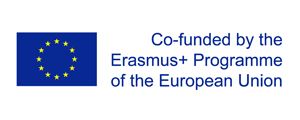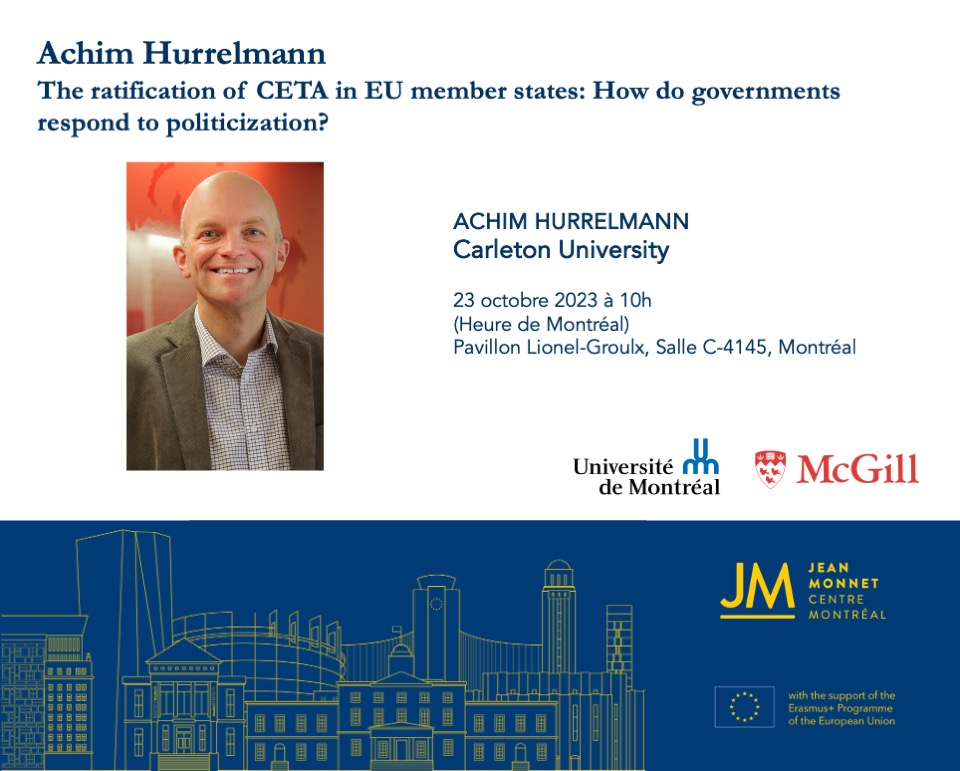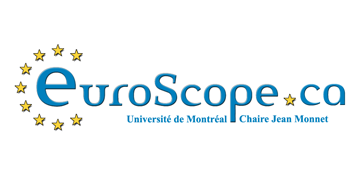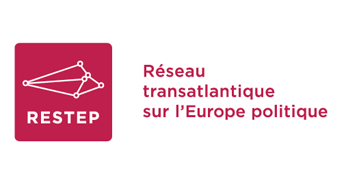RevUE de la conférence d’Achim Hurrelmann proposée par Elisa Reymond
« The ratification of CETA in EU member states: How do governments respond to politicization? », le 23 octobre 2023 avec Achim Hurrelmann (Carleton University).
During this conference, Achim Hurrelmann presented his study on the politicization of EU mixed trade agreements and how it affects national parliaments.
First, he started enlightening us concerning the key points of the EU trade deal CETA, concluded with Canada in 2016 and ratified by the EU Parliament in September 2017. CETA is part of a new generation of trade agreements called “mixed agreements,” that includes new areas such as foreign investment protection, which implies that it must be ratified by all member states. The agreement CETA has thus been applied on a provisional basis after the ratification of the EU Parliament. However, this trade deal has been highly politicized and consequently, only 17 of 27 member states have completed the domestic ratification process. Achim Hurrelmann and Frank Wendler’s study, publicized in 2023, is centred on the consequences of this politicization on national parliaments and how governments have responded to it. Using a discursive post-functionalism approach, they developed an explanatory model that they applied to CETA. The independent variable concerns the intensity and thematic focus of politicization. Then the intervening variable concerns the politics-policy interface, such as the institutional veto players, the government’s dependency on agreement critics, and the government’s framing strategies. Finally, concerning the dependent variable, they developed different cases describing the ratification outcome, those being unconstrained policy-making, encapsulation, accommodation, and disruption.
Their analysis proved that most countries that faced limited politicization have been able to ratify the agreement without constraints, supporting their first hypotheses. Their second hypothesis, stating that if the level of politicization is high, governments can push through the agreement only if there are few institutional players and no dependency on the support of agreement critics, has also been supported.
Then, to analyze the factors that explain the success of ratification in countries where the agreement was highly politicized and with strong veto players and dependency on agreement critics, he explained that they made a case study with five countries: Germany, Austria, France, Ireland, and the Netherlands. In line with their third hypothesis, countries with greater progress in CETA ratification were those who had made more deliberate attempts to construct functional framing strategies. However, they were not able to prove that issue dimensions in public contestation were influencing the government’s capabilities to bring functional framing, as in line with their fourth hypothesis.
Achim Hurrelmann concluded this conference by presenting the policy implications as to what it means for Canada. He suspects that, due to this relatively widespread politicization, CETA is likely to remain a provisional agreement for the time being. This risk undermines the trust of companies to develop a strategy based on this new trade deal because, in principle, if one EU member state fails to ratify the agreement, it must be disapplied.
Elisa Reymond.











